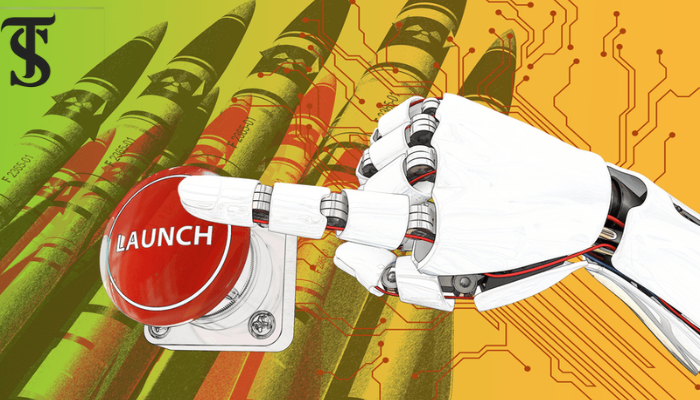Character AI: Surprising, Compelling, and Slightly Worrying

Let’s spare a few minutes for this special yet controversial phenomenon, the so-called Character AI. I suppose you have read the hype about AI impersonating characters’ behavior. They seem to be individuals with specific personalities, stories, and peculiarities. You can engage in chat communication with them, act as if you two are characters in a movie, and even create virtual characters. It’s interesting and different, and it can make me feel a little uneasy occasionally as well.
I have explored this platform for some time now, and I wish to talk about it. This is not a technical detail; it is more like my personal journey and emotions.
First, the creativity behind it is impressive. The technology that powers Character AI is truly remarkable. It’s not just producing pre-written responses; it crafts real-time text, engaging in conversation and even simulating what feels like a real personality. I’ve interacted with AI versions of historical figures, fictional characters, and even abstract ideas. They can convincingly mimic different voices and styles.
For example, I tried chatting with an AI version of Sherlock Holmes. I asked him some pretty tricky questions, and while he didn’t always get them right, his replies were always in character—sharp, clever, and a bit smug. It felt like working alongside a digital version of the great detective. That’s the “wonderful” part of it. It opens up many creative avenues. Writers can find inspiration, gamers can create interactive non-player characters, and anyone can enjoy a fun chat with a pop culture icon.
However, there’s a more peculiar side to this. Because these AI characters feel so lifelike, it’s easy to get drawn in. You might start to feel a connection, even confiding in them in ways you wouldn’t with a real person. That’s where things start to feel a little unsettling.
Remember, it’s not a real person on the other end. It’s a complex algorithm, just a machine that recognizes patterns. It lacks feelings, empathy, or genuine understanding. It mimics these things beautifully, but it’s still just imitation. This raises important questions: Are we starting to blur the lines between humans and machines? Are we creating a future where people might rely too much on these artificial relationships?
I’ve noticed people online discussing how they use Character AI for emotional support and companionship. While I can see why these options could be appealing, I worry about the potential downsides. These AI characters might provide a quick sense of comfort, but they can’t truly replace real human connections. They lack genuine empathy, support, or love, and there’s a risk that some might confuse artificial closeness with the real thing.
What concerns me the most is the risk of misuse. Since users can customize these characters, there’s a chance that some might create AIs that promote negative stereotypes, spread false information, or even act manipulatively. Although Character AI has implemented some safety measures, monitoring everything is challenging because of the vast amount of user-generated content. This is a common problem on many online platforms, but interacting with Character AI brings additional challenges.
Another significant issue is bias. These AI models learn from vast amounts of text data, which can contain various biases. As a result, AI characters could unintentionally exhibit bias or discrimination. Addressing this requires careful data selection and ongoing checks, but it’s a complex and never-ending task.
Despite all these concerns, I don’t believe we should dismiss Character AI altogether. It’s a powerful tool that can be used for good. Just imagine how it can assist in education, how AI avatars can teach subjects like history and science, or how learning new languages can be fun and engaging. It can also be useful in therapy, providing support to those battling mental health issues (of course, not as a replacement for professional help).
I think the key is to approach Character AI with caution. We need to understand its limits and recognize its potential pitfalls, using it wisely. These are merely machines. No matter how advanced they are, they are tools that can either do good or cause harm.
I do not know. I have a fascination with technology, but I am simultaneously terrified by the potential consequences that may arise from it. We’re now entering a new paradigm in human-computer interaction, and Character AI represents only one aspect of this development. We need to seriously discuss the ethical, social, and psychological impacts of such technologies and establish guidelines that ensure their responsible application.
The future of Character AI relies on how we use it. It can be an excellent tool for creativity, learning, and building connections. However, if we aren’t careful, it could also lead to problems. We need to approach this new technology thoughtfully and with care. It’s strange and exciting and something we should discuss.
The author is a content writer with a passion for writing compelling articles about socio-political issues.





